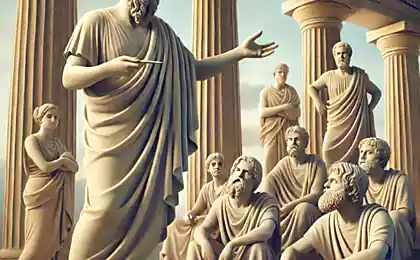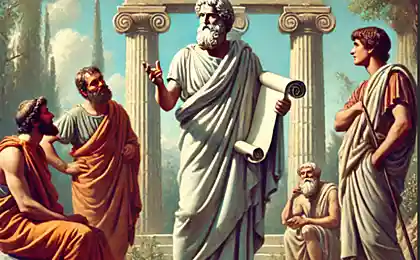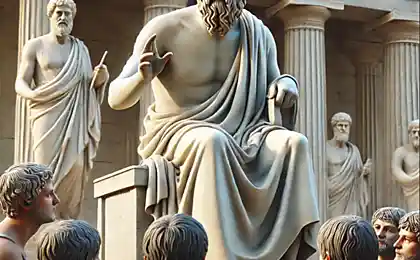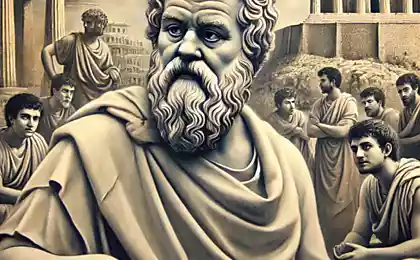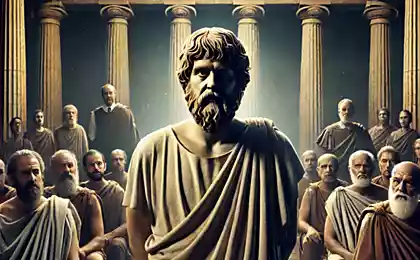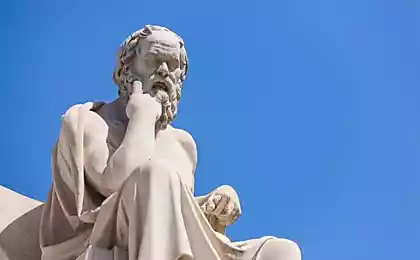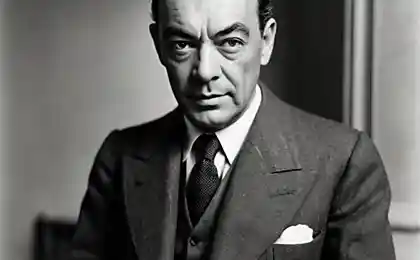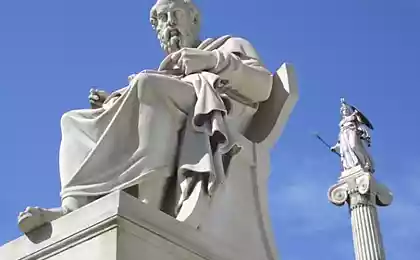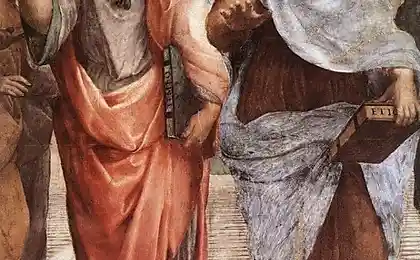244
The Teachings of Socrates: Part 2

This is a continuation of the first part of the article.
Socratic Dialogues and Their Role in Philosophy
Socratic dialogue is a key tool that Socrates used to communicate his ideas. These dialogues, captured by his student Plato, are not just philosophical treatises, but live conversations in which, through questions and answers, the interlocutors try to come to an understanding of the truth.
These dialogues illustrate the Socratic method of cognition and reveal philosophical questions concerning morality, politics, justice, love and knowledge. One of the most famous dialogues is the Apology of Socrates, in which Socrates defends himself before the court of the Athenians, demonstrating his views on knowledge and virtue.
Teaching about knowledge and ignorance
One of the main concepts that Socrates advocated was the admission of ignorance. His famous phrase, “I know I know nothing,” reflects his approach to wisdom. Socrates believed that acknowledging one’s limitations in knowledge was the first step toward true understanding.
He believed that real wisdom lies not in the accumulation of facts, but in the ability to think critically about one’s beliefs and ask questions. For Socrates, the dialectical method was a way of revealing contradictions in thought, which would eventually lead to a deeper understanding of truth.
The Ethical Teachings of Socrates
One of Socrates’ major contributions to philosophy was his ethics. Socrates argued that virtue is knowledge, and that moral behavior is directly related to a person’s awareness of goodness. He believed that no one does evil consciously; people make mistakes because they do not know what real good is.
This doctrine of the unity of knowledge and virtue had a great influence on the development of subsequent ethical thought. For Socrates, the most important task of philosophy was the desire for self-improvement and self-knowledge: “Know thyself” is one of his main principles.
311273
The Trial of Socrates and His Death
Socrates was sentenced to death in 399 BC on charges of corrupting the youth and insulting the gods of Athens. Despite the possibility of avoiding execution, Socrates refused to leave the city, explaining his duty to the law and society. This act became a symbol of his commitment to moral principles and true virtue.
In his last dialogue with his disciples, captured in Plato’s dialogue Theodo, Socrates discusses the immortality of the soul and the meaning of life after death, demonstrating his philosophical steadfastness and conviction that death is only a transition to another state of being.
Socrates became an example not only of philosophical but also of moral fortitude. His life and teachings continue to inspire millions of people to seek truth and self-knowledge.
Socrates: Summary of doctrine, method and philosophy
Socrates: Life and philosophical legacy. Cycle of articles: 1 of 5
